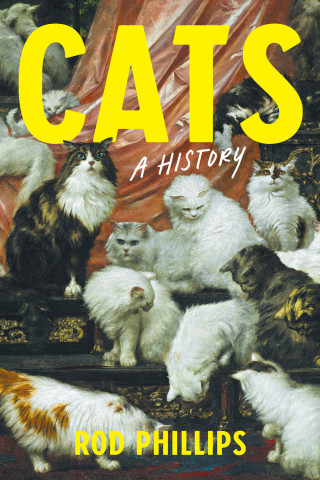
Reviews
Marino offers rich insights into how early modern Neapolitans constructed their sense of civic identity... This is the best book to date about the political culture and ritual life of early modern Naples.
Makes a significant contribution to the growing historiography of Naples and provides a more nuanced understanding of the politics of pageantry in the early modern city.
Marino's sweeping and detailed descriptions of some of the key events he uses as case studies provide a sense of the ritual city at work.
Becoming Neapolitan is an innovative and impressive contribution to both the history of Naples as well as to the history of early modern ritual practice broadly conceived.
The results [of becoming Neapolitan] represent a treasure trove for the historian and Marino has made excellent use of it. Better yet, he has opened up countless areas of investigation for future researchers.
Book Details
List of Tables and Figures
Acknowledgments
Introduction: Urbs et Orbis
Part I: Urban Stratigraphy and the Siren's Lyre
1. Myth and History: From Italy to Naples
2. Ritual Time and Ritual Space
Part II: City
List of Tables and Figures
Acknowledgments
Introduction: Urbs et Orbis
Part I: Urban Stratigraphy and the Siren's Lyre
1. Myth and History: From Italy to Naples
2. Ritual Time and Ritual Space
Part II: City Solidarities and Nodes of Power
3. Patronage: The Church and the Heavenly City
4. The Rule of the Games: Playing Court
5. Allegrezza: The City Rules
Conclusion: The Spectacle and the Citizen
Appendix
Notes
Works Cited
Index





